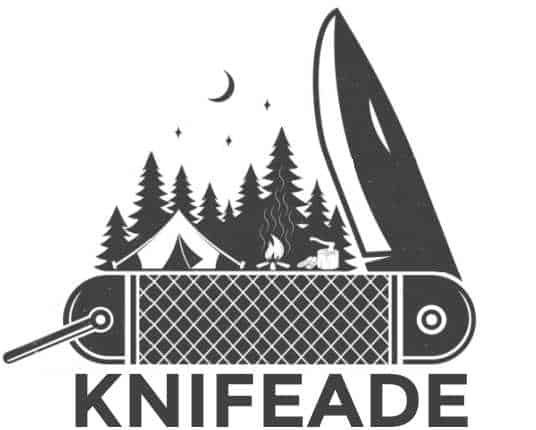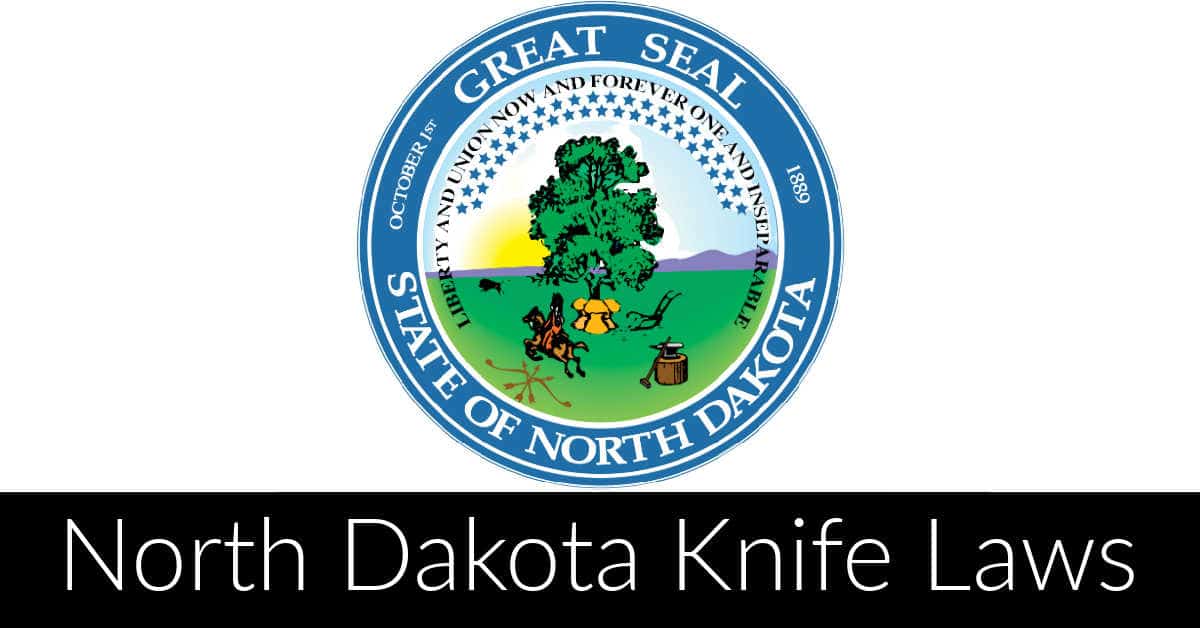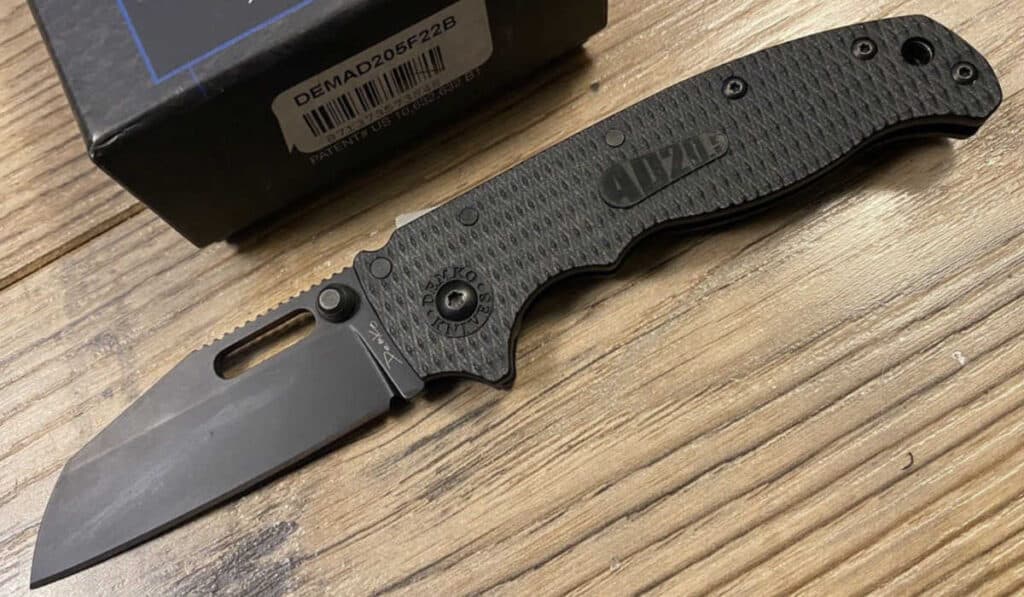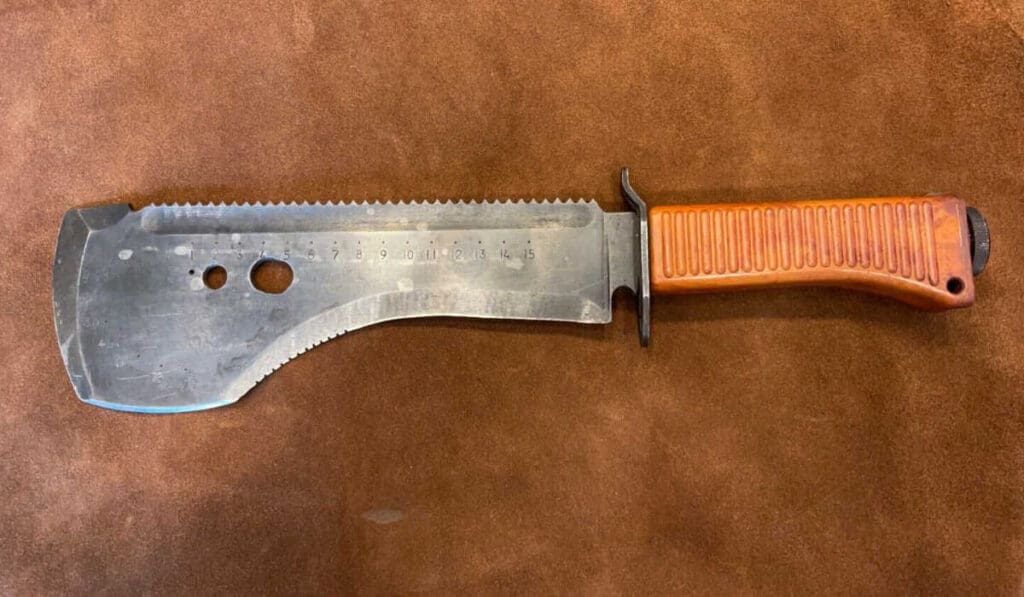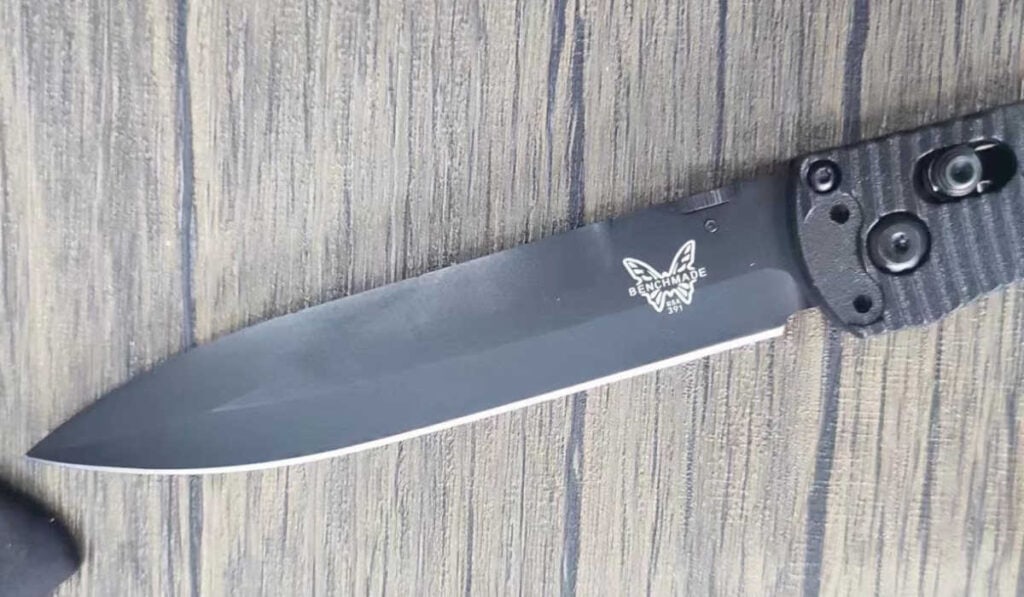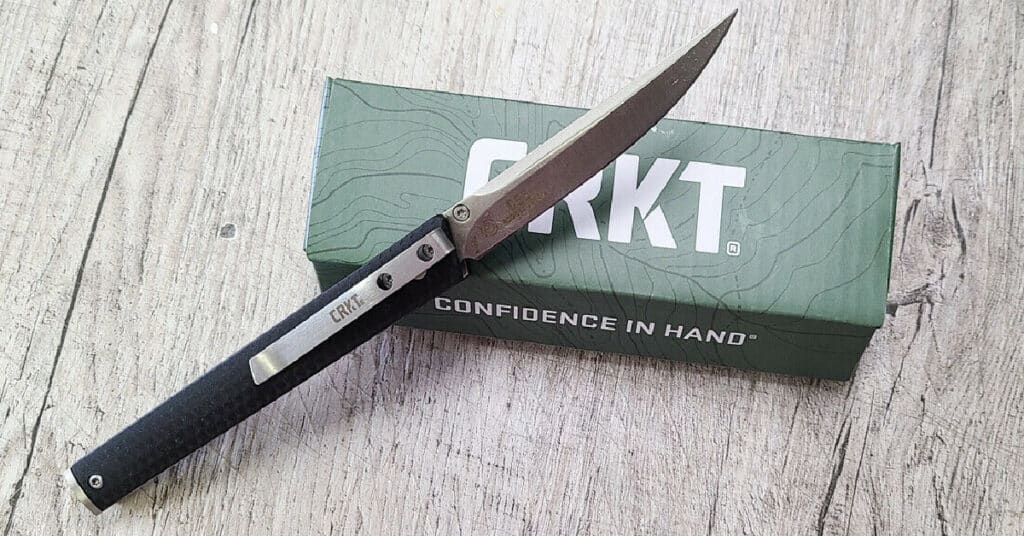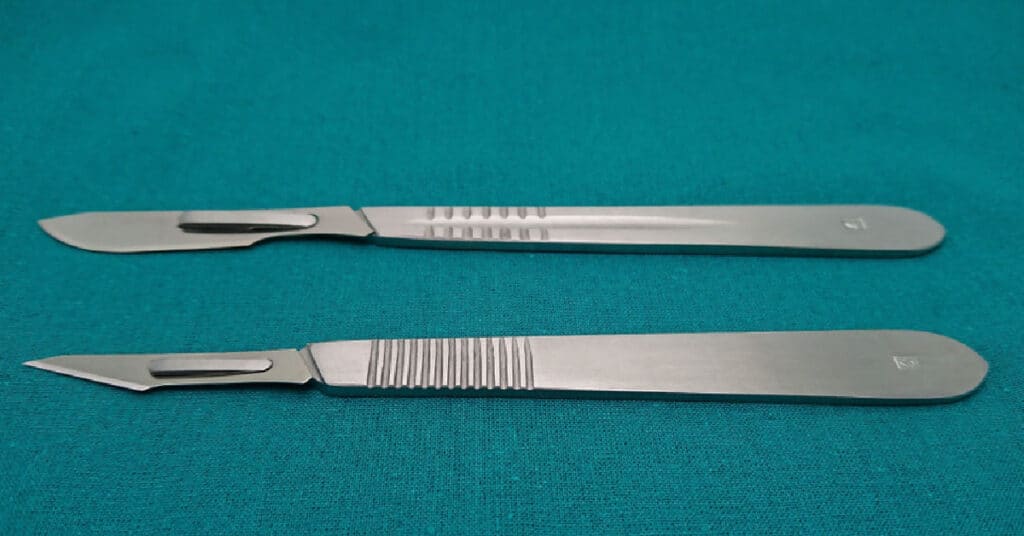Last updated on October 21st, 2023 at 04:18 pm
As an Amazon Associate I earn from qualifying purchases.
When it comes to knife laws, North Dakota has some of the most lenient regulations in the United States.
Whether you’re a pocket knife collector or just someone who enjoys carrying a blade for everyday use, understanding North Dakota knife law is essential before buying and owning one.
In this guide, we will provide an overview of the types of knives allowed in North Dakota, restrictions on carrying them, age requirements for ownership, and other important information regarding penalties for violating state laws related to knives.
We’ll also discuss preemption law within the state as well as exceptions that can be made with regard to these rules and regulations. Finally, we’ll provide resources where readers can find further information about North Dakota’s specific knife laws if needed.
Our Top Rated “50-State-Legal” Knives
*These knives are listed based on their broad legality across states, but always consult your local laws before making a purchase.
Preemption Law in North Dakota Regarding Knife Regulations
North Dakota’s preemption law does not prohibit local governments from regulating the ownership and usage of knives beyond state laws. All knife-related laws in North Dakota are not uniform throughout the entire state, and municipalities like Bismarck, Fargo, and Grand Forks have their own knife-restrictive ordinances.
Types of Pocket Knives Allowed in North Dakota
Folding Knives
Folding knives are allowed to be owned and carried in North Dakota. These knives typically have a blade that folds into the handle, making them easy to carry and conceal when not in use. Examples include traditional pocket knives, multi-tools, Swiss Army knives, lockback folders, slip joint folders, liner locks, frame locks, among others.
Fixed Blade Knives
Fixed-blade knives are also allowed to be owned and carried in North Dakota. Examples include hunting knives, daggers/stilettos, Bowie’s/fighting style blades, boot/neck sheaths, karambits, and push daggers.
Automatic Knives
Automatic or switchblade-style pocket knives are legal for ownership but require a permit for concealed carrying in North Dakota. Automatic knives are defined as knives with a spring-loaded mechanism that opens the blade automatically upon pressing a button or releasing some form of locking device. Examples include butterfly knives (balisongs), OTF knives (out-the-front), and stiletto switchblades.
Carrying Pocket Knives in North Dakota
Carrying pocket knives in North Dakota is regulated by state law. It is important to understand the laws before carrying a pocket knife, as violating them can result in fines and even jail time.
Concealed Carry Laws
Concealed carry of pocket knives with blades longer than five inches is generally prohibited in North Dakota, unless you have a North Dakota concealed firearm and dangerous weapon license or a CCW license issued by a state with reciprocity.
Open Carry Laws
Open carry of pocket knives is allowed in North Dakota, without any specific blade length restrictions mentioned in the laws.
Prohibited Areas for Carrying Pocket Knives
Certain areas prohibit carrying any type of knife, regardless of length or concealment status. These include schools, government buildings, courthouses, airports, prisons, and other secure facilities. Additionally, some businesses have policies prohibiting the possession of weapons on their premises; these should be respected.
Age Restrictions for Owning and Carrying Pocket Knives
The minimum age requirement for owning and carrying a pocket knife in North Dakota is 18 years old. Exceptions to this rule exist, such as when an individual is hunting or participating in other outdoor activities where having a pocket knife may be necessary.
Penalties for Violating Knife Laws in North Dakota
Violating North Dakota’s knife laws can result in serious penalties. Commonly, violations may result in a Class B misdemeanor, which carries a maximum sentence of 30 days in jail and/or up to $1,500 in fines. More severe punishments may apply in specific circumstances, such as when an individual commits a crime using a knife.
Exceptions to the Knife Laws in North Dakota
Some exceptions allow for certain types of knives to be legally owned and carried in specific circumstances. For instance, out-of-state switchblades or other automatic knives can be legally owned if not concealed in public places.
Also, certain professionals, like chefs, can possess larger blades when necessary for job performance.
FAQs in Relation to North Dakota Knife Law
Are butterfly knives illegal in North Dakota?
Butterfly knives, also known as balisong knives, are legal in North Dakota.
Are switchblades illegal in North Dakota?
Switchblades are not illegal in North Dakota; however, they are categorized as “dangerous weapons” if the blade length is five inches or more and may be subject to restrictions on concealed carry.
How old do you have to be to carry a knife in North Dakota?
North Dakota law does not specify a minimum age to carry a knife, but responsible use is emphasized.
Can a felon carry a knife in North Dakota?
While North Dakota law does not specifically address this situation, federal law prohibits felons from possessing any weapon that can be construed as dangerous, which may include certain types of knives. Therefore, felons should consult with a legal professional before deciding to carry a knife.
Does North Dakota have knife length laws?
Yes, a knife with a blade length of five inches or more is considered a “dangerous weapon,” and its concealed carry is restricted unless the individual has a valid permit.
North Dakota State Knife Law References
Official Sources of North Dakota’s Knife Laws
- North Dakota Century Code (NDCC) sections concerning knife laws include § 62.1-01-01, § 62.1-01-02, § 12.1-17-07, § 62.1-04-03, § 62.1-04-03.1, among others.
Significant Court Cases
| Case Name | Summary |
|---|---|
| North Dakota v. Rodriguez | Rodriguez contested the usage of a special verdict to determine whether a dangerous weapon was used during the commission of a crime. |
| Leavitt v. North Dakota | Heather Leavitt was convicted of attempted murder for attacking her spouse with a knife. |
| State v. Vermilya | The court considered the possession of a modified straight razor as a dangerous weapon under the state’s laws. |
| Lucio Cruz Stabbing Case | A man with a history of knife-related criminal cases was charged with stabbing another individual. |
Timeline of Major Changes in North Dakota’s Knife Laws
- 2023: Representative Claire Cory introduced HB 1479, which aims to exclude certain types of knives from the definition of a “dangerous weapon” and enact Knife Rights’ signature Knife Law Preemption in North Dakota.
Conclusion
As an Amazon Associate I earn from qualifying purchases.
